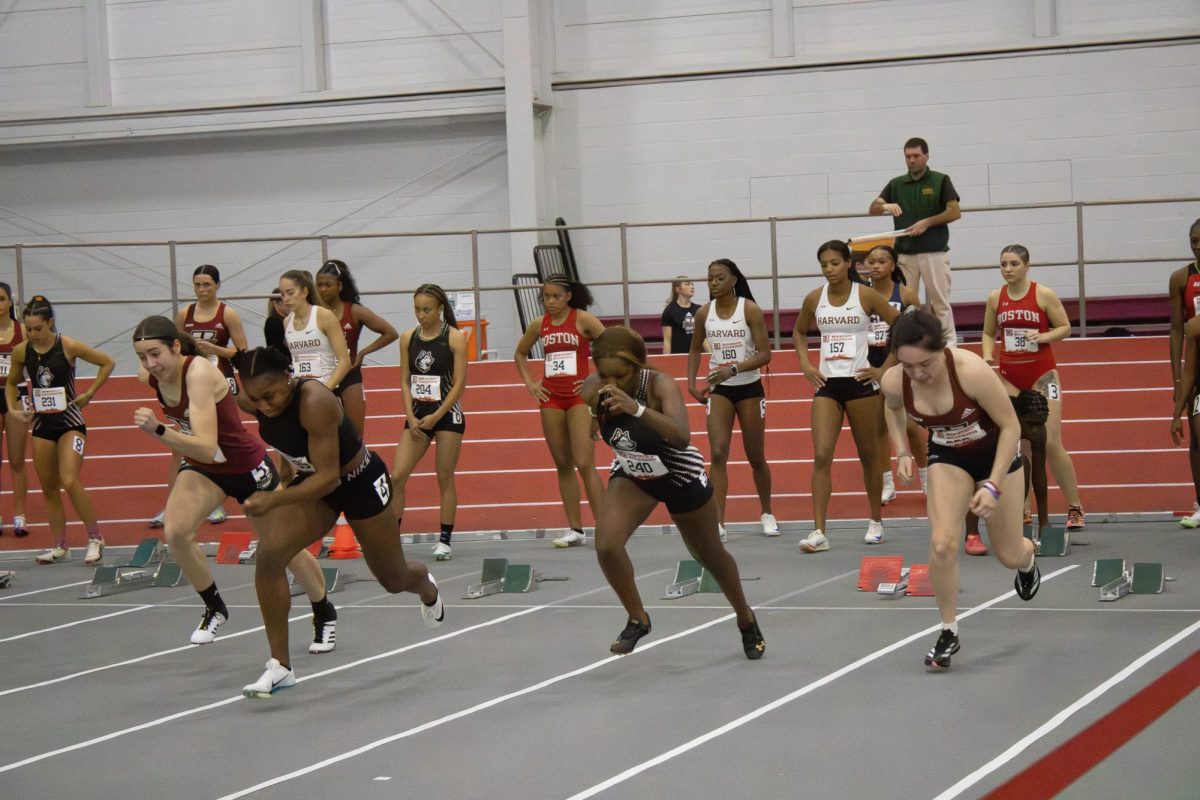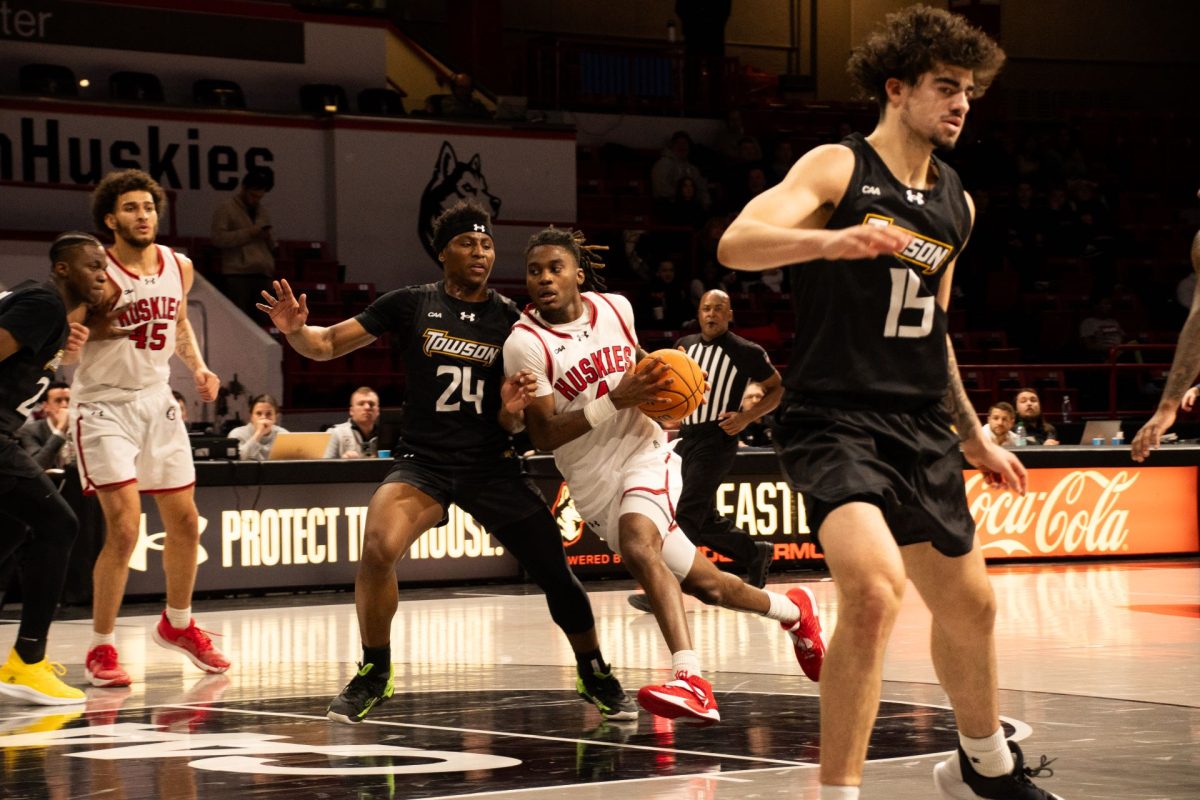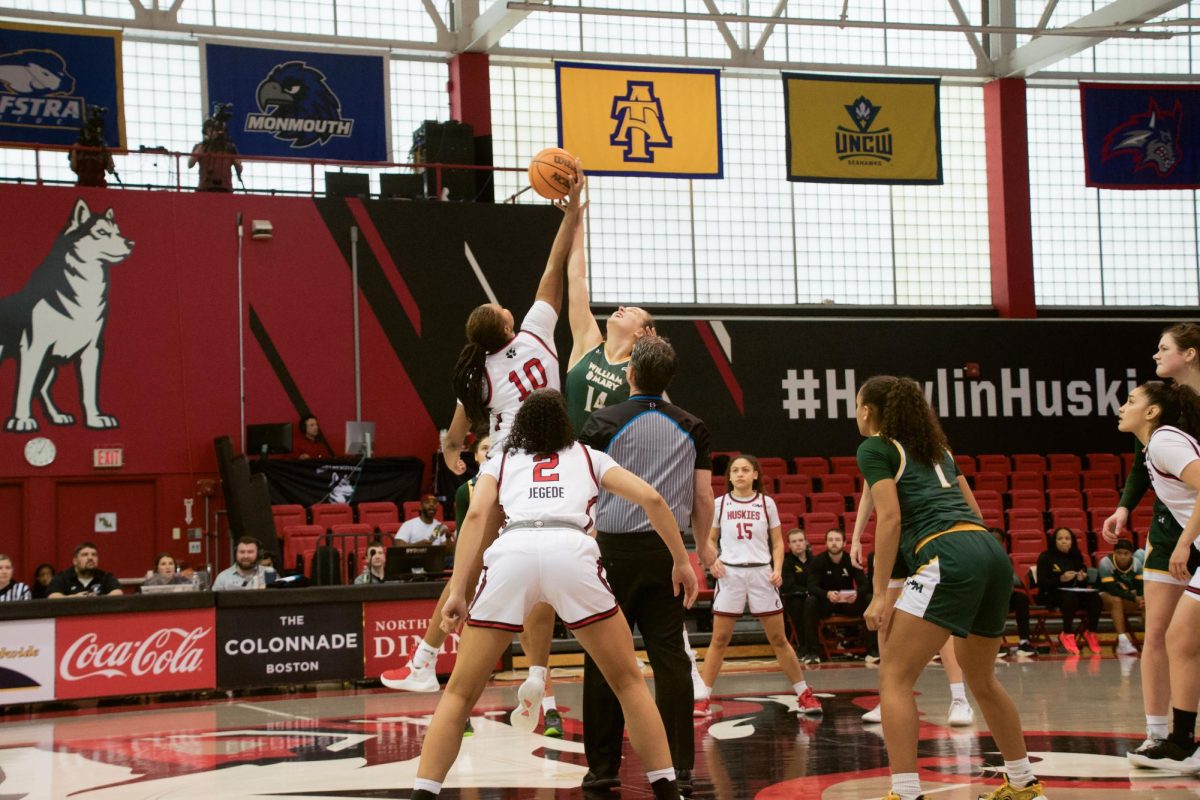By Alex Frandsen, sports columnist
Peyton Manning is not just famous. He is deified. He has transcended the football world, where he accomplished almost everything a quarterback could hope to accomplish, and has become something much more: A cultural icon.
He is a late-night TV staple with multiple appearances on David Letterman and Saturday Night Live, and his unmistakable smile and forehead have graced more commercials than any other athlete. His fame has reached the point where any negative publicity simply rolls off of him, waterproofed by the public’s adoration. Al Jazeera mounted serious steroid allegations against him earlier this year, a claim that would at least blemish the image of almost any other athlete. But the public response to it was firm and fast in favor of his innocence. How could Peyton Manning, the golden boy from a golden family, do anything immoral?
The latest Manning controversy could meet the same fate. A report of Manning sexually assaulting an athletic trainer at the University of Tennessee while he was quarterback there has resurfaced, yet there is a distinct lack of attention. It is our obligation to make sure we don’t write this off like we did the HGH scandal. We don’t know yet what actually transpired that day, and there is a real possibility we never will. But to let our preconceived image of Manning blind us from investigating the assault fully would be an undeniable moral failure.
Simply put, we treat victims of sexual assault poorly in this country. We are quick to doubt their charges, especially when a celebrity is the one being accused, and we shame them regardless of whether they told the truth. Jamie Naughright, the victim in the Manning case, said that she “feared for her job […] and feared for her life,” in the report she filed following the alleged assault.
That fear is not unique to her. Countless victims end up derided or ignored after reporting sexual assault − Erica Kinsman, who accused then Florida State University quarterback Jameis Winston of rape in 2012, didn’t have her case investigated for 10 months and endured countless threats when it finally was. If we don’t thoroughly explore Naughright’s accusations against Manning, we are perpetuating a cycle of misogyny in favor of keeping our favorite athletes propped up.
Manning’s case is also part of another broad problem: The lack of accountability for big time college athletes. We treat 18-year-old kids like kings, and the “student” part in the phrase “student athlete” is a joke. This culture pervades Division I athletics, and Manning’s alma mater is a perfect example. A Title IX lawsuit is being levied against the Volunteers right now accusing the school of creating an environment so poisonous that multiple rapes by athletes went unpunished. Football coach Butch Jones reportedly told a player that he “betrayed the team” when he helped a woman who said she was sexually assaulted by two other athletes.
The priorities at schools like Tennessee are clear: Keep your players on the field first, worry about potential crimes second. If the allegations facing Manning turn out to be true, then they won’t be some crazy exception. They will be a symptom of a long-term institutional failure. Brushing off Naughright would be easy given the star power of Manning and the long elapsed time since the incident, but it would be a huge miss in addressing the twisted state of college football.
The way our society is currently set up, this controversy should do nothing to Manning. According to a Seton Hall University poll conducted after the allegations resurfaced, Manning has a 68 percent favorability rating. That is as much as Steph Curry and Lebron James combined. Not only did the allegations fail to put a dent in how people view him, that 68 percent is Manning’s highest. Coming off of a Super Bowl win, the number is slightly understandable.
But that doesn’t make it any more acceptable. We need to treat this case for what it is − a serious accusation of one man forcing himself onto a woman. The fact that the man is Peyton Manning, quarterback god, should not matter. For too long, we have ignored sexual assault victims and let athletic privilege run rampant. The Manning case is a chance to turn the page.
















